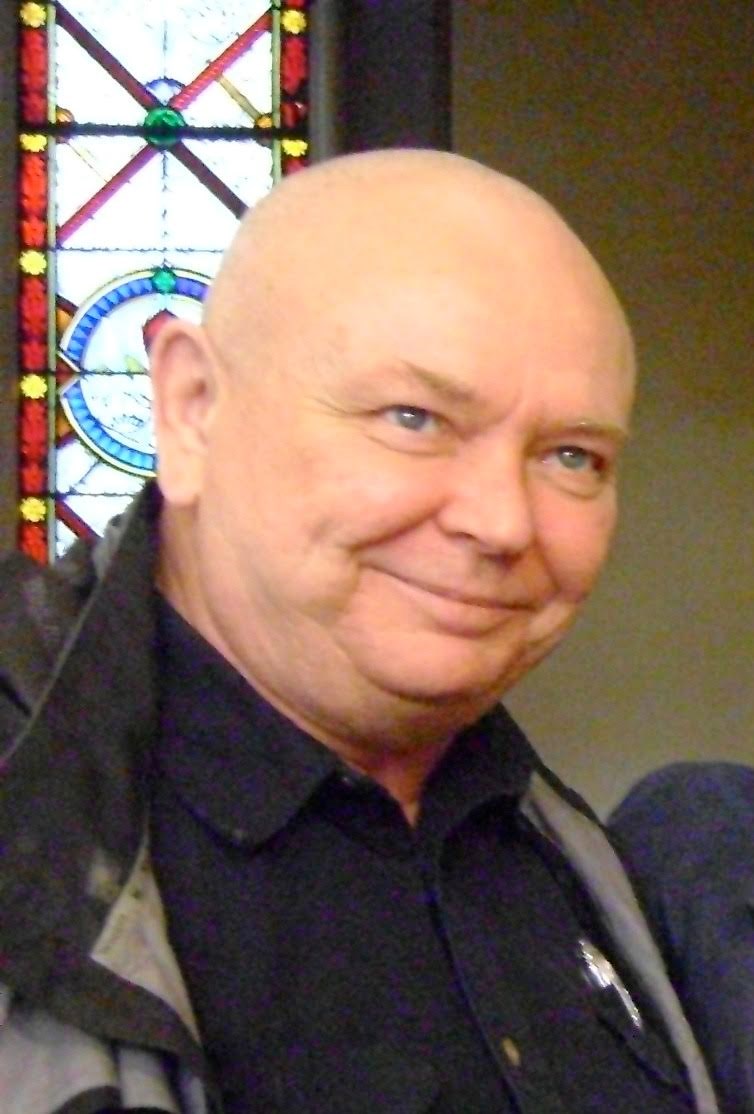Zen stories and parables about enlightenment often involve a monk sweeping. It is a common motif. Of the dozens of domestic chores which monks must perform only sweeping has risen to the level of an archetype. This is because sweeping is a good metaphor for how meditation functions in our life and in our world. Sweeping is an integral part of what it takes to prepare and maintain a place for human habitation. Our habits of mind also comprise a habitation for the self and if there is to be a scrupulous and intentional self, arguably the goal of meditation, some activity analogous to sweeping must be involved.
In meditation we let go of all internal conditions. When we do this the convivial conditions, such as generosity, can thrive and the alienating conditions such as greed cannot thrive. This is exactly what real-world sweeping accomplishes with respect to vermin and the various human preferences. It is simply true that much of human intentional activity begins with sweeping. Not only that but human action and artifacts are sustained by sweeping. To put it another way, sweeping is the initial condition of almost all human activity; including Buddhist practice.
Buddhist practice, according to Zen, begins with the study of the self. What we call the 'self' is more than just the body and the personality. Mind and body interact with reciprocal causation, so the composure one brings to the body also affects the mind. Buddhist teaching is that in addition to the 'form' of body and personality there are at least four internal components which comprise the self; feelings, perception, impulses and consciousness. The self needs and creates a convivial environment, a way for the complexities of self to be together; a place for the self to inhabit. Part of the habitation of self is external and the rest of it internal; but both must be created, i.e. brought into being. Meditation can be seen as a way of integrating mind and body, creating a truer, more complete self. That self, in turn, becomes an initial condition for a convivial society.
Within the radical uncertainty that is the Buddhist worldview, it is accepted that a sensitivity toward initial conditions is a good thing; wholesome initial conditions favour wholesome fruitions. Thus sweeping as a functioning metaphor, can condition a life toward a wholesome fruition; a spiritual environment, a refuge, a way of being.
Failure to properly prepare and maintain any complex artifact dooms that thing. We have to do it for our selves and we have to do it for our human society. Society is a fragile artifact that is held together by convivial attitudes and customs. Our diverse, modern society needs great wisdom about conviviality in order to survive.
Unfortunately our world is going in exactly the opposite direction; we are becoming less and less convivial and have even come to prize and reward those qualities that erode conviviality. Greed, hatred and ignorance are increasingly valued and highly corrosive, even fatal, to civilized life, an artifact which needs generosity, compassion and wisdom in order to survive. The convivial conditions thrive where the destructive conditions are kept at bay; and wither where they are not. Meditation practice establishes how to see something simple and elementary, such as sweeping, as it actually is; the initial condition for wholesome human artifice. Human refuge, mental or physical, is an artifact and the initial requirement is for there to be sweeping.
 Wayne Codling聽is a former Zen monastic and a lineage holder in the Soto Zen tradition. He teaches Zen style meditation in various venues around Victoria. Wayne鈥檚 talks and some writings can be found on his blog
Wayne Codling聽is a former Zen monastic and a lineage holder in the Soto Zen tradition. He teaches Zen style meditation in various venues around Victoria. Wayne鈥檚 talks and some writings can be found on his blog
You can read more articles in our interfaith blog, Spiritually Speaking,
* This article was published in the print edition of the Times 91原创 on Saturday, December 3 2016


